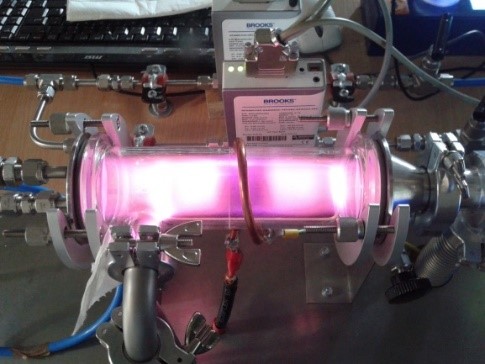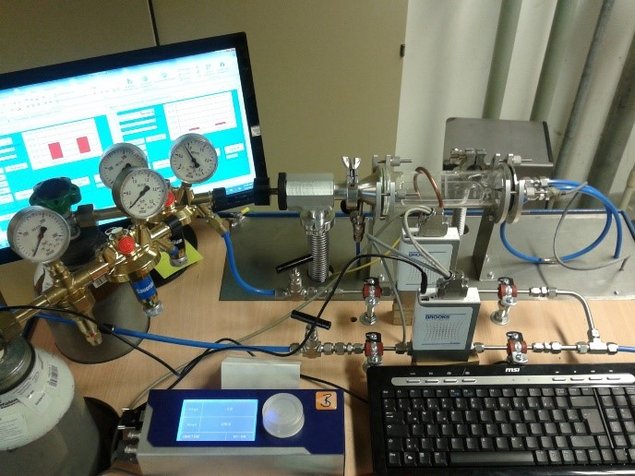GreenNH3-Network - Green ammonia synthesis using a plasma-catalytic plate reactor

Objective
This cooperation project between TUM from Germany and McGill from Canada has the long-term objective of developing an efficient and profitable way to produce renewable NH3 from green hydrogen and nitrogen by means of plasma-catalytic processes. In the short-term, as part of this initiation project, the goal of the cooperation is to establish a green ammonia research network between TUM and McGill, perform initial joint research on plasma-catalytic ammonia synthesis, and train the research trainees in plasma technology, catalytic processes, and chemical and energy engineering.
Research priorities
The research part of this one-year initiation phase is the first step in developing a highly energy- and material-efficient synthesis process requiring much milder operating conditions compared to the well-established HB process (e.g., at pressures as low as about 10 atm instead of 200-300 atm). The research focuses on demonstrating and analyzing the green ammonia plasma catalysis technology through four tasks:
- Plasma source integration and CFD modeling
- Catalyst synthesis and characterization
- Plasma-catalytic synthesis of ammonia
- Energy system modeling, process simulation and scale-up
With these tasks, we aim to not only shed light on the plasma catalytic mechanism for the ammonia synthesis, but also study the techno-economic feasibility and sustainability of green ammonia production for the Canadian and German context.
Networking activities
Establishing a lasting network for green ammonia research between TUM and McGill is at the heart of this project. The networking activities required to realize this vision center around the research trainees (RT) involved in this project. They will conduct joint research in an integrated green ammonia research team on the research tasks 1-4 (see above) and receive training on plasma technology, catalysis, and modelling. Day to day interactions will be complemented by project-wide knowledge sharing and regular group meetings. In addition, RTs take part in student exchanges between TUM and McGill. Moreover, a series of events, as the formal backbone, focuses scientific discussions, networking between researchers and joint grant application working sessions.
Contact
Sebastian Bastek, Vincent Dieterich, Sebastian Fendt
Project partners
Chair of Energy Systems, Technical University of Munich, Germany
Chair of Chemical Technology I, Technical University of Munich, Germany
Catalytic Process Engineering and Plasma Processing Laboratory, McGill University, Canada
Funding
This project has received funding from Natural Sciences and Engineering Research Council of Canada (NSERC) and the German Federal Ministry of Education and Research (Bundesministerium für Bildung und Forschung, or BMBF) through the joint Canada-Germany call for projects on hydrogen technologies.

